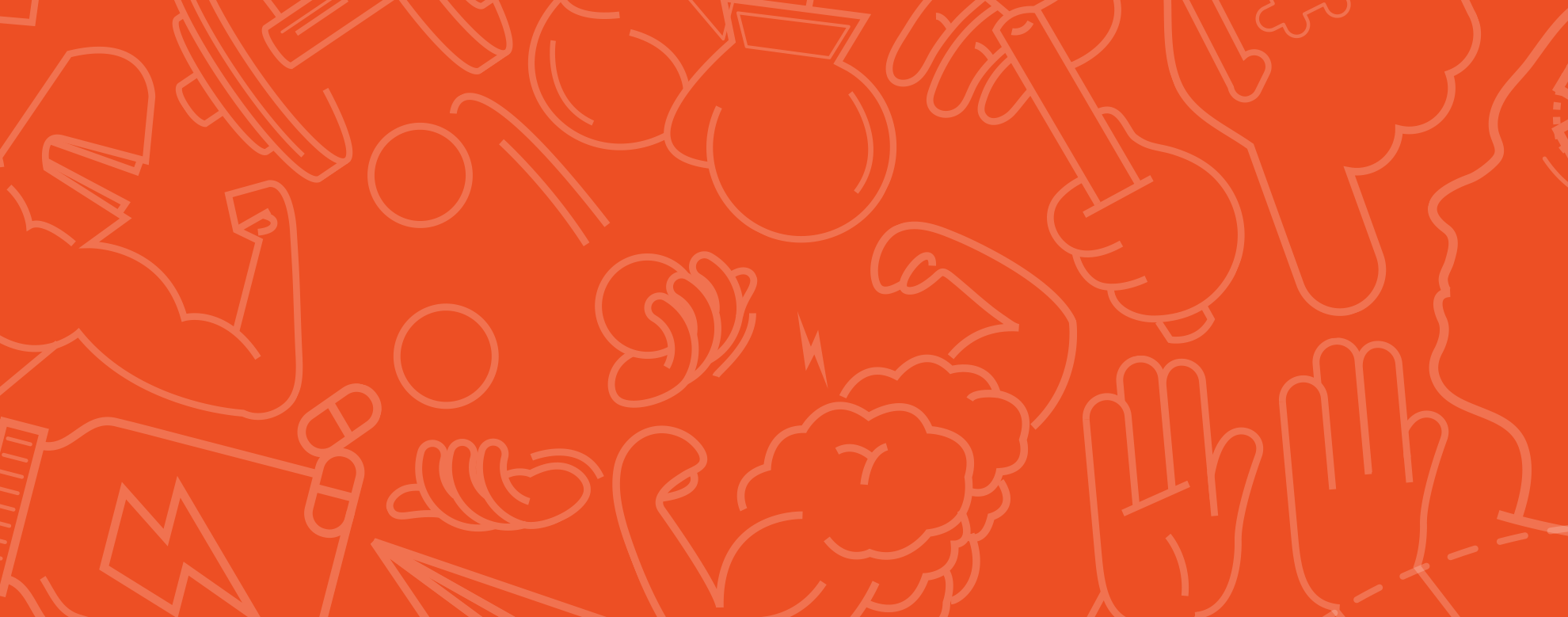We’ll admit it, we marketers are notorious for our jargon. One area where this is especially true is when it comes to search engine marketing, you know SEO. In our defense, this sector of marketing really does require some advanced terminology. SEO marketing is quite technical. Not to mention, it’s ever evolving. New concepts emerge while others lose relevance.
Don’t worry, we’re here to help. Here are simple definitions and examples of some of the most commonly used SEO terminology.
Alt text - HTML code to describe the appearance and function of an image on a page
AMP - AMP stands for Accelerated Mobile Pages. These pages are optimized for mobile web browsing and help webpages load faster
Anchor text - Clickable text that takes you to another URL, i.e. a hyperlink
Backlink - An incoming link from a different website or referring domain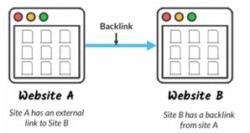
Canonicalization - A way of telling search engines that a specific URL represents the master copy of a page
Citation flow - A score between zero and 100 that helps to measure the link equity or “power” the website or link carries
External link - Links that point at any domain other than the domain the link exists on
- Ex. 1: when another website links to you, this is considered an external link to your site
- Ex. 2: when you link out to another website, this is also considered an external link
Featured snippet –Also known as position zero, featured snippets are located at the top of the results page and display a snippet of the content that more directly answers a query

Follow link - The linking site shares the love, pushing SEO link juice and boosting page rank of site, helping the site reach higher in the SERPs
Image pack - Several images that usually appear as a horizontal row of images
Internal link - A link that points to another page on the website
Knowledge graph - Data which appears as panels or boxes (e.g., weather, celebrities)
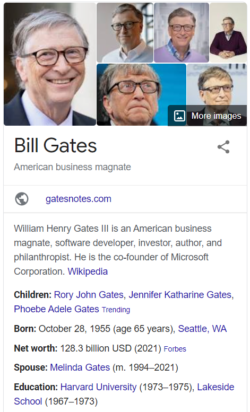
Local pack - Shows local businesses related to your query
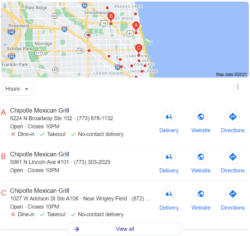
Meta description - HTML attribute that provides concise summaries of web pages; appears underneath the blue clickable links in a search engine results page

Nofollow link - Google ignores the fact that a site links to a domain and the domain doesn’t get the increased authority or pagerank from that site; in other words, this does not boost PageRank and doesn’t help domain placement in the SERPs; Nofollow links get no love
People also ask – Algorithmically generated questions that Google believes might relate to your search query

Paid results - Bought by bidding on keywords (e.g., AdWords or Google Shopping)
Referring domain - A domain that links to target site
Rich Snippets - Add a visual layer to an existing result (e.g., review stars for product ratings)

Structured data - Semantic vocabulary of tags added to HTML to improve the way search engines read and represent page in SERPs; implications: search engine rankings, user experience and voice search
Structured data/schema - Code that is put on a website to help search engines return more informative results to the searcher
Title tag - HTML element that specifies the title of a web page and is displayed on results pages as the clickable headline
Trust/citation flow ratio - Trust flow/Citation flow; measures trustworthiness of a site; determined by Majestic; goal is as close to or greater than one
Top stories - Block of news articles relevant to a query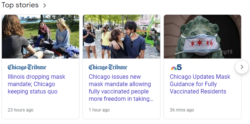
SERP feature - Any result on a Google SERP that is not a traditional organic result
Looking for some more SEO tips, tricks and advice? Check out all of our experts’ articles.


